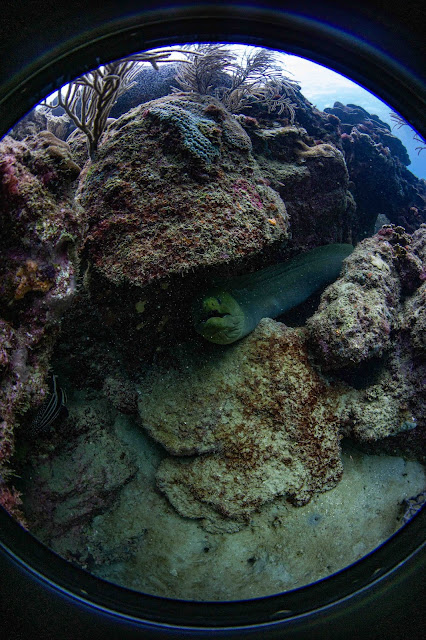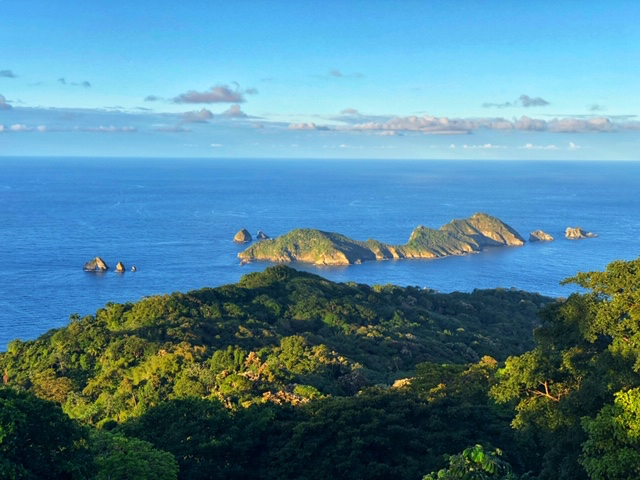Eels of the Caribbean

Dr Anjani Ganase, marine ecologist, tells us about the eels that inhabit our coral reefs. Research shows, she says that "... eel species that occur in different coral reefs around the world have strikingly similar genetics, even though their distances apart..." Eels have an unfortunate association with snakes because they look like them. However, eels are not related to snakes at all; rather they are specially adapted fish that have developed without fins. To move in their underwater world, they undulate their long bodies to create propulsion which moves them through the water. This means that they swim easily in the water column and do not just slither along the bottom. They have flattened bodies and tails that allow them to swim with considerable grace - like a colourful ribbon rippling in the wind. On coral reefs around the world, eels are a common sight in bright colours - greens, yellows with exotic spotted or reticulated patterns. Unl...


